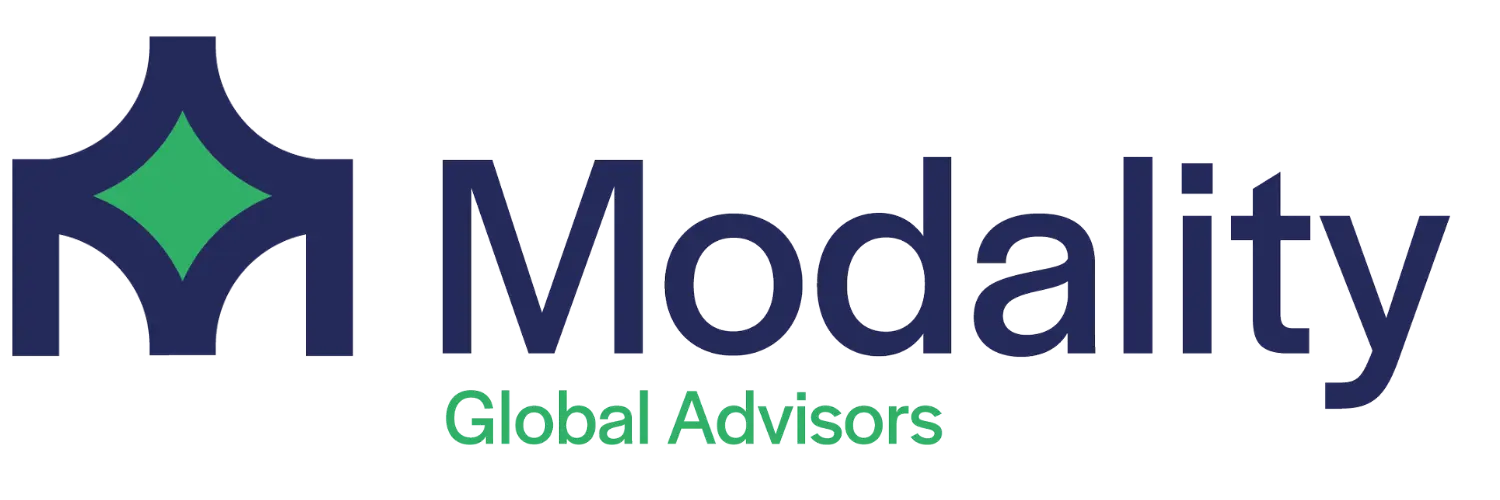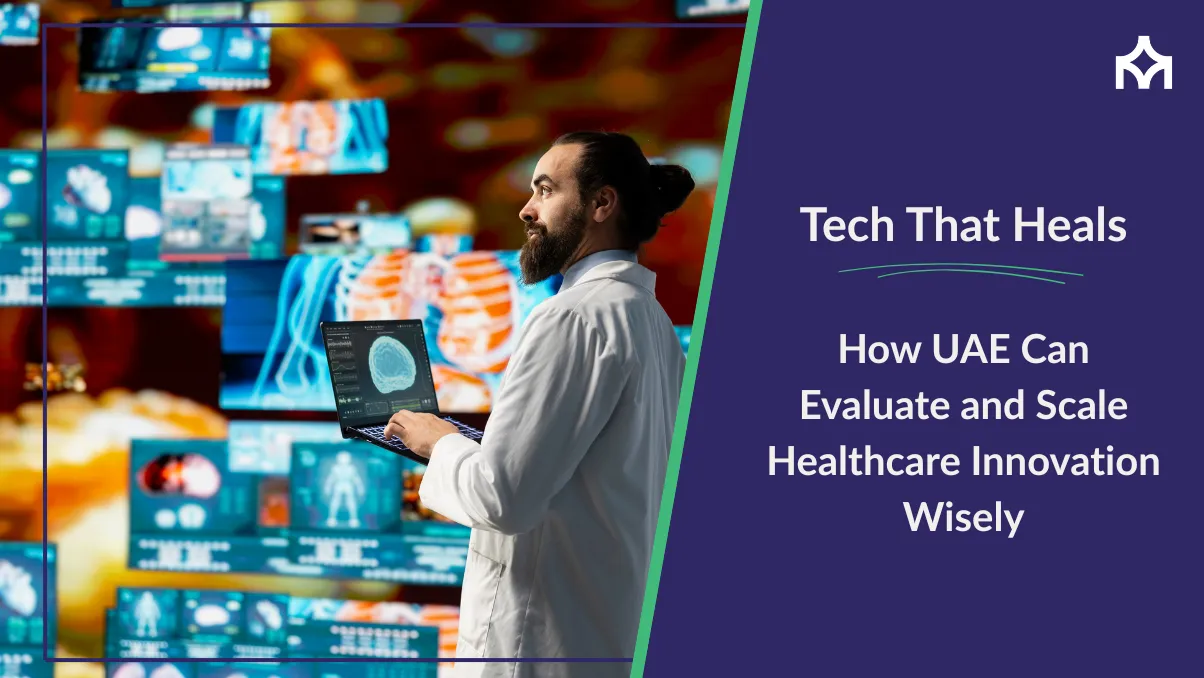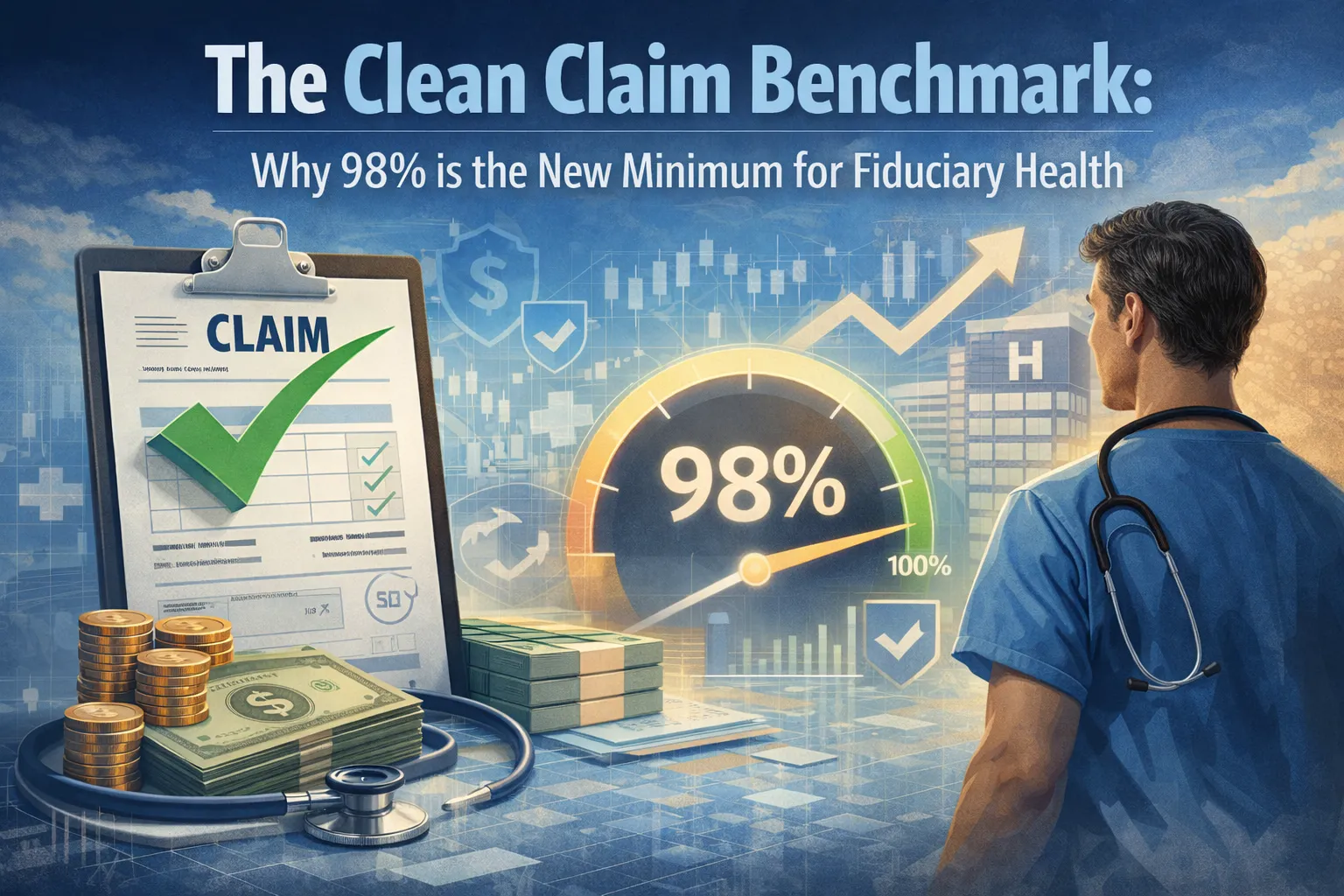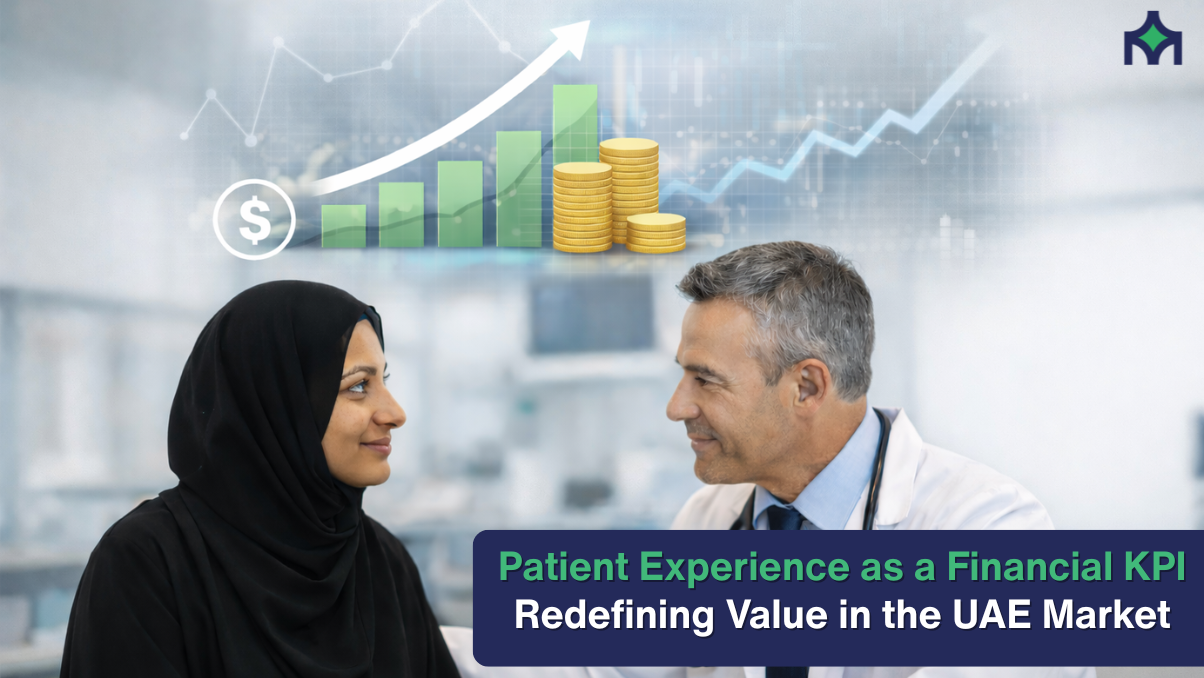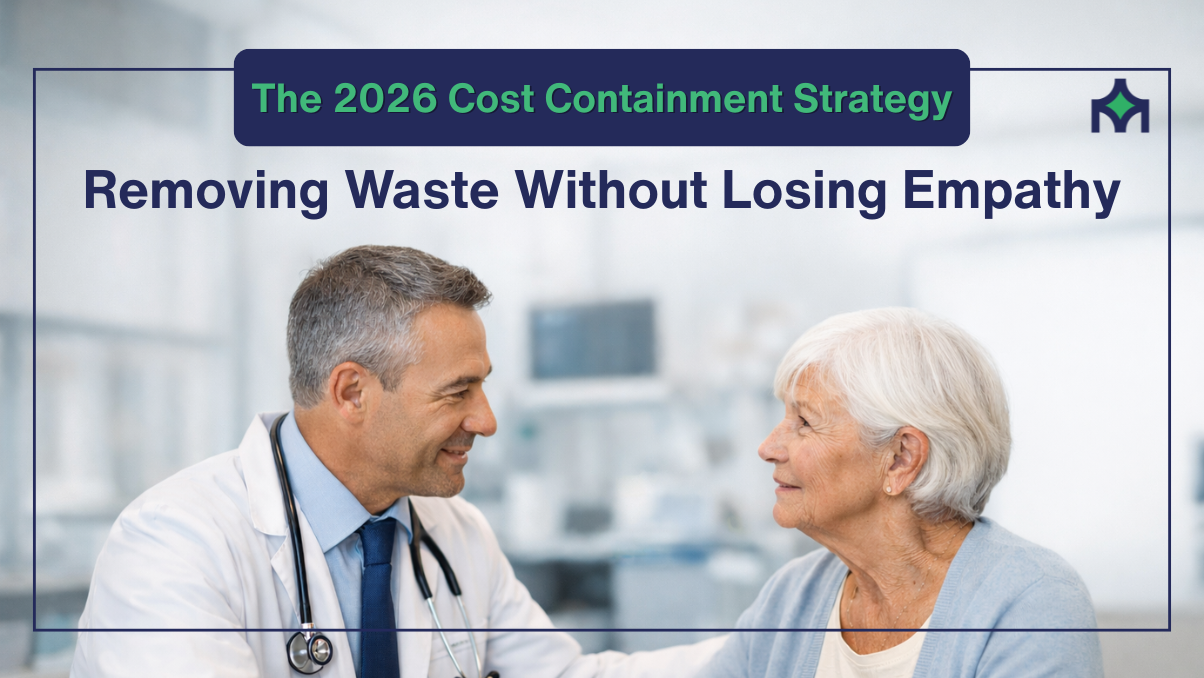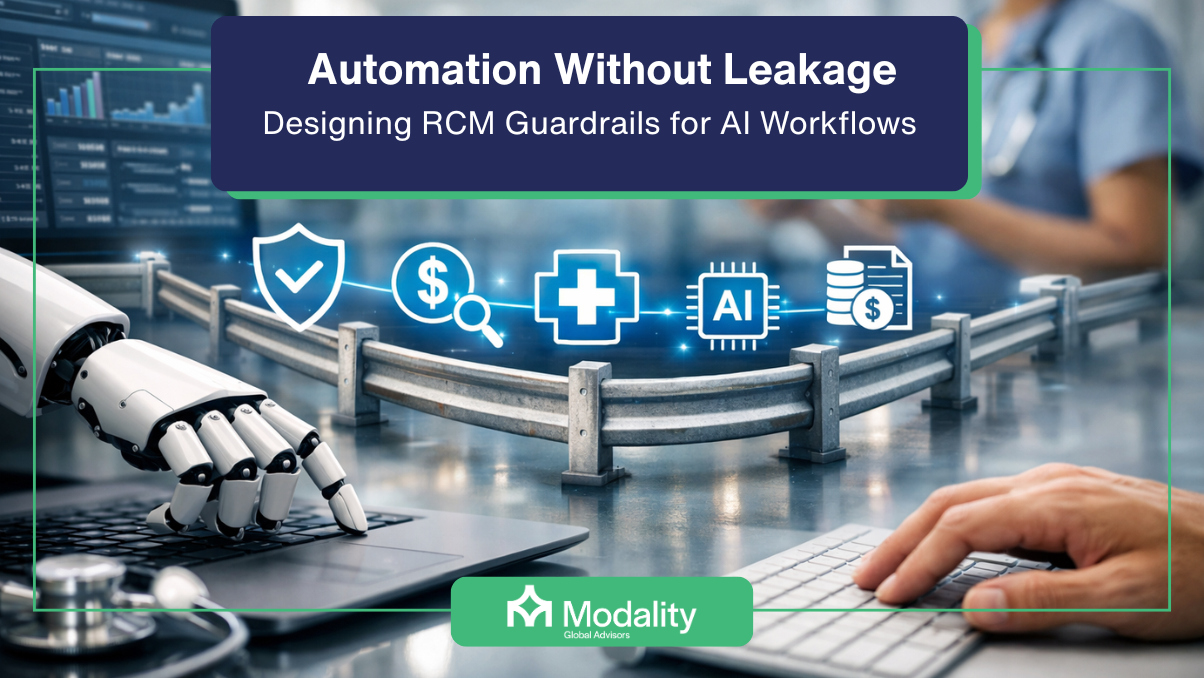Tech That Heals: How UAE Can Evaluate and Scale Healthcare Innovation Wisely
UAE Healthcare 2025: Scaling Innovation Wisely for High-Value, Connected Care
The United Arab Emirates is transforming healthcare to become a global leader in medical innovation. With strong public investment, forward-thinking policy, and a commitment to excellence, the UAE is embracing AI diagnostics, robotic surgery, telemedicine, and precision medicine to boost outcomes and efficiency.
Foundations are in place for intelligent, connected, accessible care—health spending is projected to grow ~8.5% annually and the digital health market from US$1.06B (2022) to ~US$4.42B by 2030. But true transformation demands more than new tools: it requires selecting, integrating, and scaling technologies that are clinically relevant, interoperable, cost-effective, and adopted by users.
The Challenges
Rapid deployment in a fragmented global tech landscape can create misaligned systems, burnout, and wasted spend. UAE leaders should ask:
- Clinical effectiveness: Does it improve diagnosis, treatment, or safety?
- Operational integration: Will it fit existing workflows, EHRs, and exchanges?
- Financial impact: Can it cut readmissions, shorten LOS, or optimise workforce use?
- Patient experience: Will access improve—especially for rural or underserved groups?
Innovation in Action: UAE Progress
- MoHAP initiatives: AI-powered auditing systems and biometric analytics in use.
- Telemedicine up ~24% in Dubai (2022); 129+ hospitals offering remote consults, expanding access for residents outside urban centres.
- Abu Dhabi achieved the first remotely conducted robotic-assisted prostate cancer surgery.
- In 2025, AED 5.745B (~8% of the federal budget) allocated to healthcare—backing digital enablement, innovation, and infrastructure.
The remaining question: how to scale these capabilities system-wide while safeguarding quality, safety, and sustainability?
MGA: Turning Innovation into Impact
-
Data-driven technology evaluation
Pre-implementation ROI, outcome tracking (LOS, readmissions), and population-specific validation so global tools fit local needs. -
Predictive analytics for targeted innovation
Risk stratification, resource-use modelling, and AI patient-flow forecasting to focus investment where impact is highest. -
Seamless system integration
Middleware for legacy systems, vendor-neutral architectures, and workflow integration aligned to Malaffi/Riayati/Nabidh. -
Real-time monitoring & optimisation
Live KPIs for LOS, readmissions, and engagement; transparent reporting to regulators and stakeholders.
UAE’s Roadmap: Tech-Enabled, Data-Informed, Human-Centred
- Government commitment to data-driven regulation
- Growing talent in health informatics and digital health
- Public-private partnerships that blend agility with infrastructure
- Global interest from MedTech, AI, and biopharma leaders
Final Thoughts
In the UAE, the future of healthcare must be high-value, not just high-tech. Prioritise technologies that serve local populations, fit existing systems, and deliver measurable clinical and financial outcomes. With MGA as a strategic partner, leaders can scale wisely—ensuring every AI model, robot, or remote-care platform is not only impressive but truly impactful.
Ready to evaluate and scale innovation wisely? Contact Modality Global Advisors: hello@modalityglobal.com.

